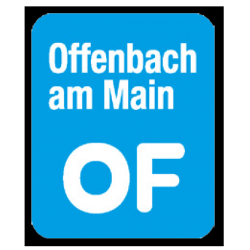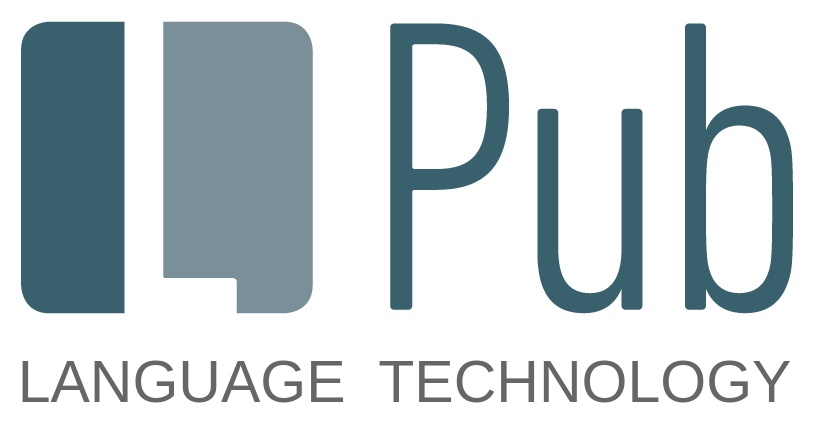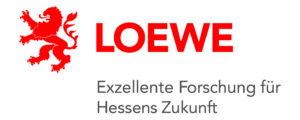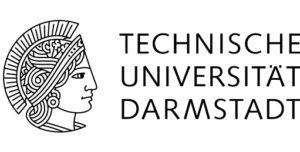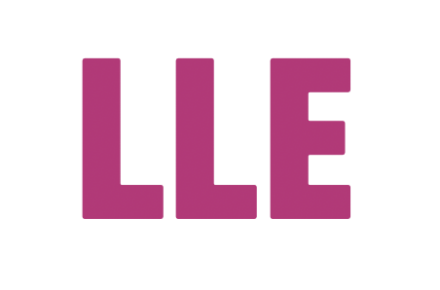How appropriate are your texts for German learners? Are they A1, A2, B1 or higher? The Language Level Evaluator (LLE) checks the difficulty of German texts using a range of measurable criteria. Get the full picture on our page LLE Deutsch.
Just want to try it out right away? Sign up for the free version of LLE Deutsch Lite:
Please note: LLE Deutsch Lite only separates the words of a short text into the different CEFR levels (lexical analysis). You can upgrade at any time to LLE Deutsch Pro for more powerful features, such as the ability to analyze longer texts, semantic analysis and grammatical evaluations. Learn more about the differences and pricing on our page LLE Deutsch.
Terms & Conditions
Before using LLE Deutsch you will be asked to accept our Terms & Conditions. Your consent will be required in order to finish the registration process.
Who did we develop the LLE for?
The LLE is primarily a supportive tool for selecting suitable reading texts and/or optimizing them for foreign language learning. We have specifically developed this tool for:
- Publishers who have language learners as a target audience and therefore require a competent assessment of the CEFR language level of their contents.
- Teachers of foreign languages who want to check whether the text material they create or adapt is suitable for the language level of their students.
- Writers who want to optimize their texts for specific language levels using detailed analysis results.
- Test creators who want to quickly create vocabulary lists or verify that their contents are suited to a specific learning level.
- Us! We use the LLE for our language learning app StoryPlanet, in which we offer language-level specific reading texts and other content for learners.
Learn more about LLE Deutsch.
Acknowledgements & Sources
The LLE was made possible by bringing together various specialists and expertise. The core team consists of programmers, linguists and pedagogues from the companies L-Pub GmbH and Ernst Klett Sprachen GmbH as well as from the Technical University of Darmstadt, Germany.
Below, we would like to introduce the people and the sources we worked with.
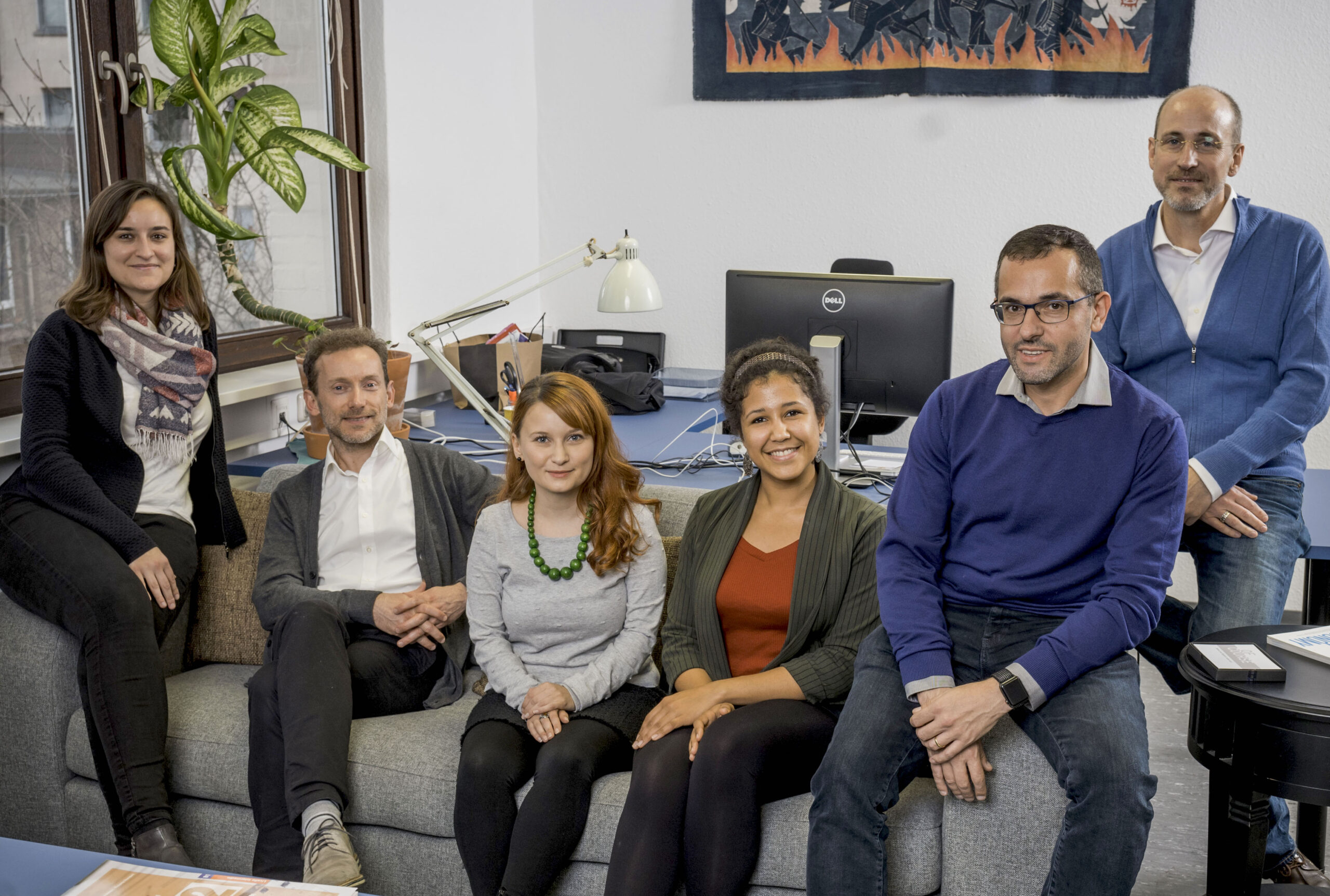
The L-Pub Team
- David P. Steel (concept, production, sales)
- Franck Valentin (architect, programming)
- Battista Vailati (programming)
- Leonore Kleinkauf (project management)
- Vanessa Appoh (computational linguistics)
- Miriam Hunter (corpus preparation)
- Anette John (PR, marketing)
The Ernst Klett Sprachen Team
The following employees of Ernst Klett Sprachen GmbH were involved in the development of the LLE:
- Elizabeth Webster (strategy, vision)
- Hendrik Funke (planning, project leader)
- Sebastian Weber (didactics)
- Wolfgang Volz (editorial)
The Technical University of Darmstadt Team
A collaboration with the Ubiquitous Knowledge Processing (UKP) Lab at the Technical University of Darmstadt was made possible thanks to a grant from the Hessen Agentur (LOEWE 3 program). The following people from the university were involved in the development of the LLE:
- Dr. Iryna Gurevych (Leader of the UKP Lab)
- Christian M. Meyer (project coordination)
- Doctoral student Ji-Ung Lee (machine learning, deep learning, programming)
Technological Components
DKPro Core (ASL/GPL) Eckart de Castilho, R. and Gurevych, I. (2014). A broad-coverage collection of portable NLP components for building shareable analysis pipelines. In Proceedings of the Workshop on Open Infrastructures and Analysis Frameworks for HLT (OIAF4HLT) at COLING 2014, p 1-11, Dublin, Ireland.
Apache uimaFIT / UIMA Ogren, Philip and Bethard, Steven, Building Test Suites for UIMA Components; Proceedings of the Workshop on Software Engineering, Testing, and Quality Assurance for Natural Language Processing (SETQA-NLP 2009), June, 2009, Boulder, Colorado, Association for Computational Linguistics, pages 1-4 http://www.aclweb.org/anthology/W09-1501 https://uima.apache.org/uimafit.html https://uima.apache.org/index.html
Mate Tools Bernd Bohnet and Anders Björkelund; Tools for Natural Language Analysis, Generation and Machine Learning https://code.google.com/p/mate-tools/
The Stanford Parser http://nlp.stanford.edu/software/lex-parser.shtml
State funding
We would like to express our sincere thanks to the Hessen Agentur and the LOEWE 3 program, which made the collaboration with the Technical University of Darmstadt possible from 2017 to 2019.
The initial stages of the LLE project were also supported by local ERDF funding from the City of Offenbach am Main from 2013 to 2015.
